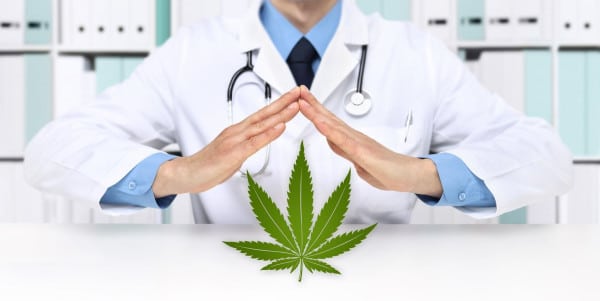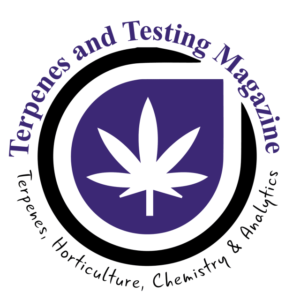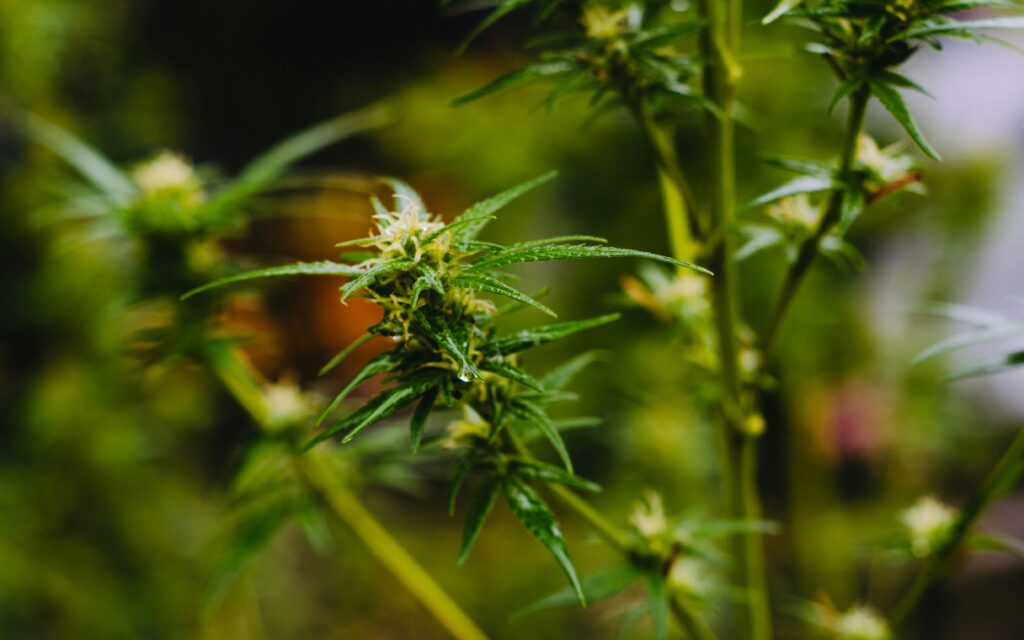
By Loren DeVito, PhD, Staff Writer for Terpenes and Testing Magazine
With nationwide legalization now in full swing in the Great White North and financial forecasts climbing, Canadian cannabis companies are making some keen decisions to differentiate their medicinal businesses. One such company is BlissCo – a Vancouver-based medical cannabis company that appointed Bryn Hyndman, MD, to their advisory board a few months ago.
Like many other cannabis companies, BlissCo was founded by a group of seasoned business people who secured enough capital to continue its growth. What they were missing, however, was an in-house medical voice to help them better understand the holistic practice of cannabis medicine.
Dr. Hyndman is board-certified doctor with the Canadian College of Family Physicians.
She also trained as a naturopath, a clinician who takes the entire physical ecosystem into account to develop personalized treatment plans and management strategies. This method is often referred to as “integrative medicine,” and borrows many principles from Eastern practice.
While cannabis is enjoying a fresh renaissance, its use as a plant-based medicine has deep roots in ancient China and the Middle East. So clinicians trained in integrative medicine are one step ahead of the game.
“There is a gap in modern medicine; doctors are trained in chronic disease management and acute emergencies. Science has, until now, relied on double-blind, placebo-controlled trials where single drugs are studied in isolation, but there are a wide range of medical compounds in cannabis and they work synergistically,” said Hyndman in a press release.
But, while on one side of the spectrum, certain companies are ahead of the curve in recruiting holistic cannabis physicians, the large majority of practicing physicians in both Canada and the US still lack a basic understanding of cannabis medicine. Their training has not yet caught up with the needs of the industry and their patients.
Janice Knox, MD, an anesthesiologist in Oregon practicing for over 35 years, knew very little about cannabis until she first interacted with patients.
“I knew nothing about this medicine. I felt so embarrassed as a physician that that’s where I was. So I really made it a point to learn everything that I could about it,” said
Dr. Knox in an interview.
And Knox is not alone is this experience. Researchers at the Washington University School of Medicine found “a fundamental mismatch” in the lack of preparation provided to students enrolled in medical school.1
“With even more states on the cusp of legalizing medical [cannabis], physician training should adapt to encompass this new reality of medical practice,” said the authors of this study.
Indeed, this gap must be closed soon, because patients need greater guidance, education, and support as their treatment options increase in range. In fact, a study in Colorado showed that over 80% of family physicians believed that medical professionals should receive formal training before being able to prescribe cannabis.2 And physicians in Canada, now facing even more questions about cannabis, require a greater understanding of dosing and how to set up treatment plans for their patients.3
These types of physician “awakenings” have made a huge impact on how cannabis medicine is practiced and greatly benefits patients. While these stories are certainly encouraging, medical schools must continue to work toward integrating cannabis education into standard practice to ensure that physicians are properly prepared to enter the vast and resurrected world of holistic cannabis medicine.
“We need to be helping trained clinicians in the practical implementation of cannabis therapeutics in the same way we do it at the clinic,” said Knox’s daughter, Rachel Knox, MD. “Patients should feel comfortable that the doctor they’re talking about cannabis with is knowledgeable about this medicine.”
[Image]
References
- Evanoff, A.B., Quan, T., Dufault, C., Awad, M., Bierutb, L.J., “Physicians-in-training Are Not Prepared to Prescribe Medical Marijuana”, Drug Alcohol Depend, 2017, Volume 180, pg. 151-155.
(impact factor: 3.322; cited by: 8)
- Kondrad, E., Reid, A., “Colorado Family Physicians’ Attitudes Toward Medical Marijuana”, J Am Board Fam Med, 2013, Volume 26, pg. 52-60.
(impact factor: 2.515; cited by: 102)
- Ziemianski, D., Capler, R., Tekanoff, R., Lacasse, A., Luconi, F., Ware, M.A., “Cannabis in Medicine: A National Educational Needs Assessment among Canadian Physicians”, BMC Med Educ, 2015, Volume 15, pg. 1-7.
(impact factor: 1.511; cited by: 35)





